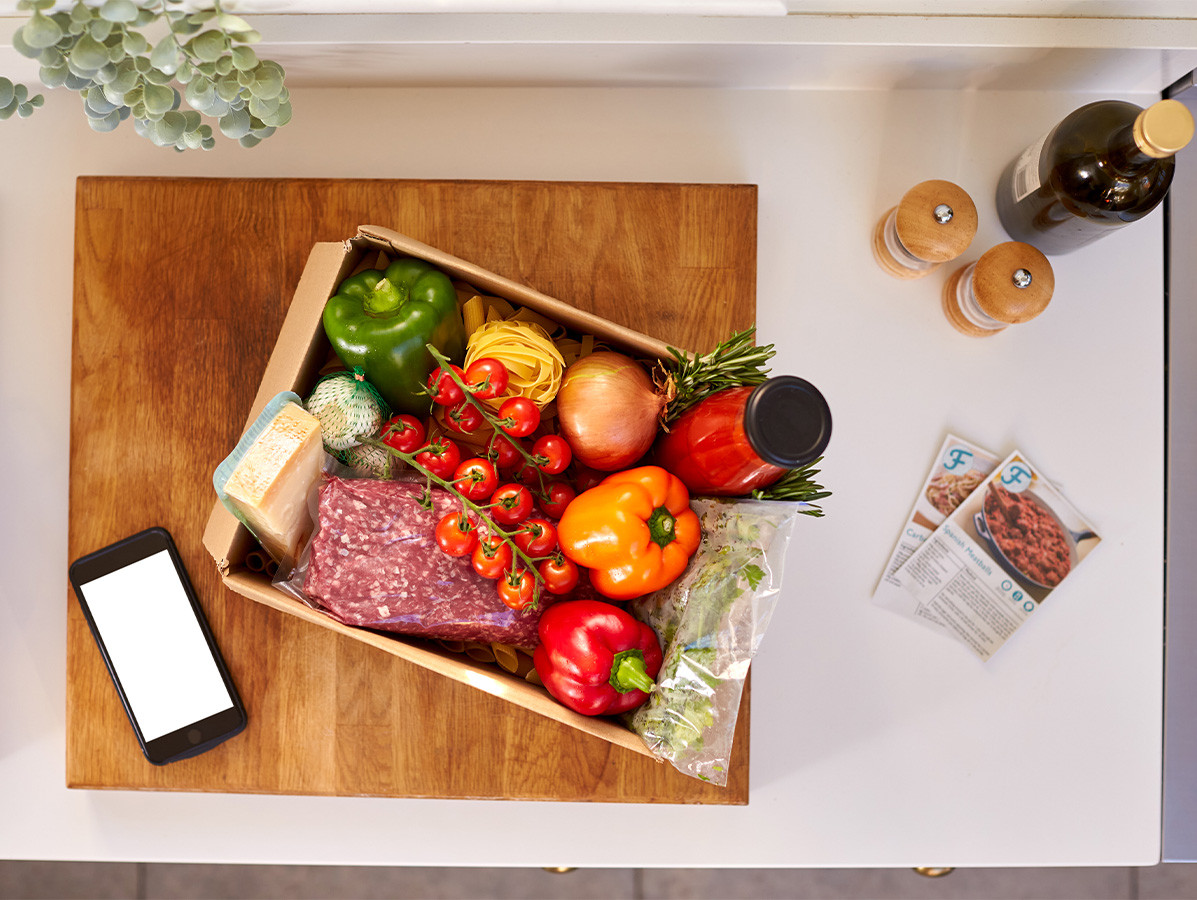
Meal boxes make it easy for you with their recipes and content tailored accordingly. But do they also provide enough information to make healthy choices? That varies quite a bit.
The Consumers' Association found out how much information for a healthy choice ten meal box providers provide on their websites. A total of 67 meal boxes were examined. One provider does not provide any information at all on the nutritional value of the meals on its website. Choosing low-salt or saturated-fat meals then becomes quite difficult. Two other providers also lack nutritional values. At these suppliers, this information is less relevant because the meals are fixed per box. So there is no choice in recipes. Two other providers do not provide information on the quantities of saturated fat, sugars, salt and fibre.
For pre-packed foods, a nutrition table is mandatory. For non-prepacked foods, such as bread from the bakery, this is not the case. The NVWA counts a meal box in the latter category. Providers may therefore omit this information with impunity. There is an exception. If a manufacturer makes a nutrition claim, such as 'rich in protein', it is legally obliged to state the protein content. Six out of 10 suppliers sprinkle their websites with claims such as 'healthy recipes' and 'unprecedentedly tasty and healthy'. Calling a product healthy is only allowed if it is accompanied by a permitted health claim. This is a claim that indicates why a product is beneficial to your health, such as the claim 'cholesterol-lowering'. No provider follows the rules on this point.
"Claims can be a useful addition to nutritional and ingredient information. However, they must then comply with the rules. Otherwise they encourage deception," said the Consumers' Association.
View the study 'Open book or black box?'
Consumentenbond.nl
Source: Consumentenbond